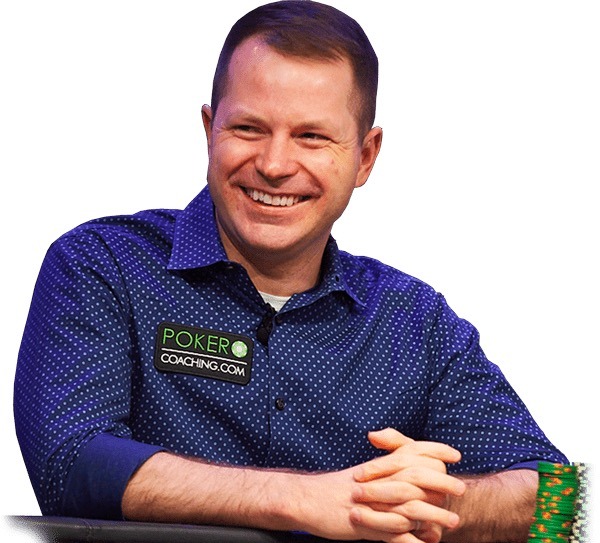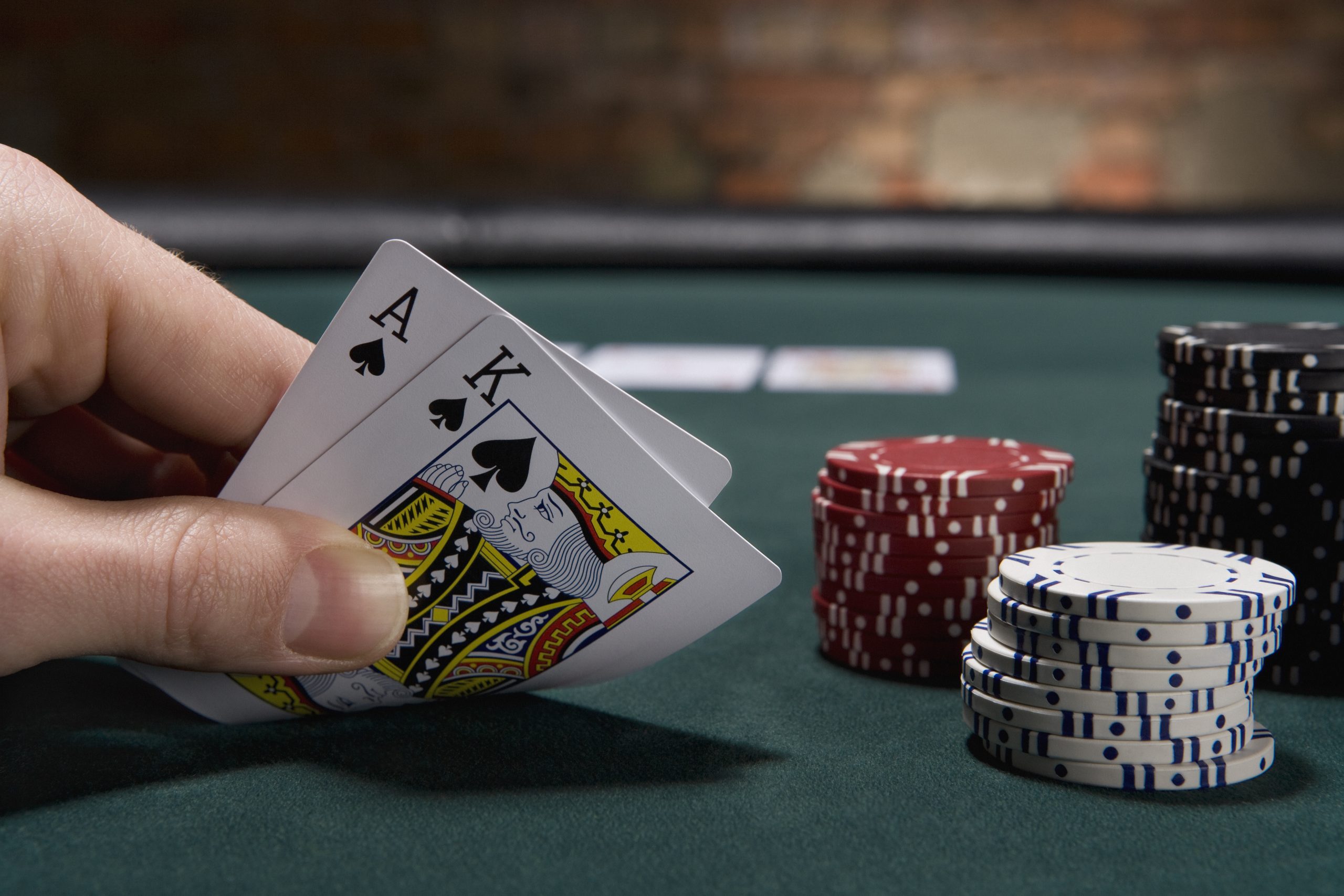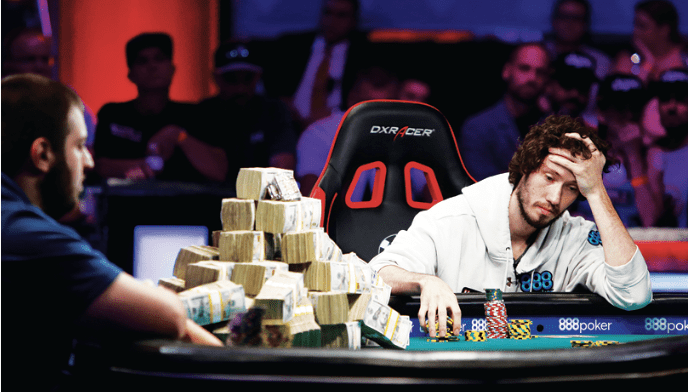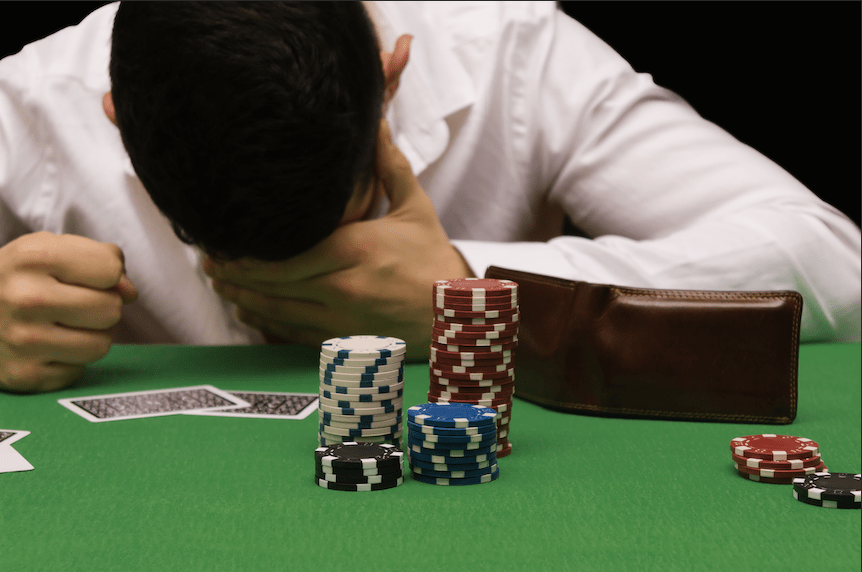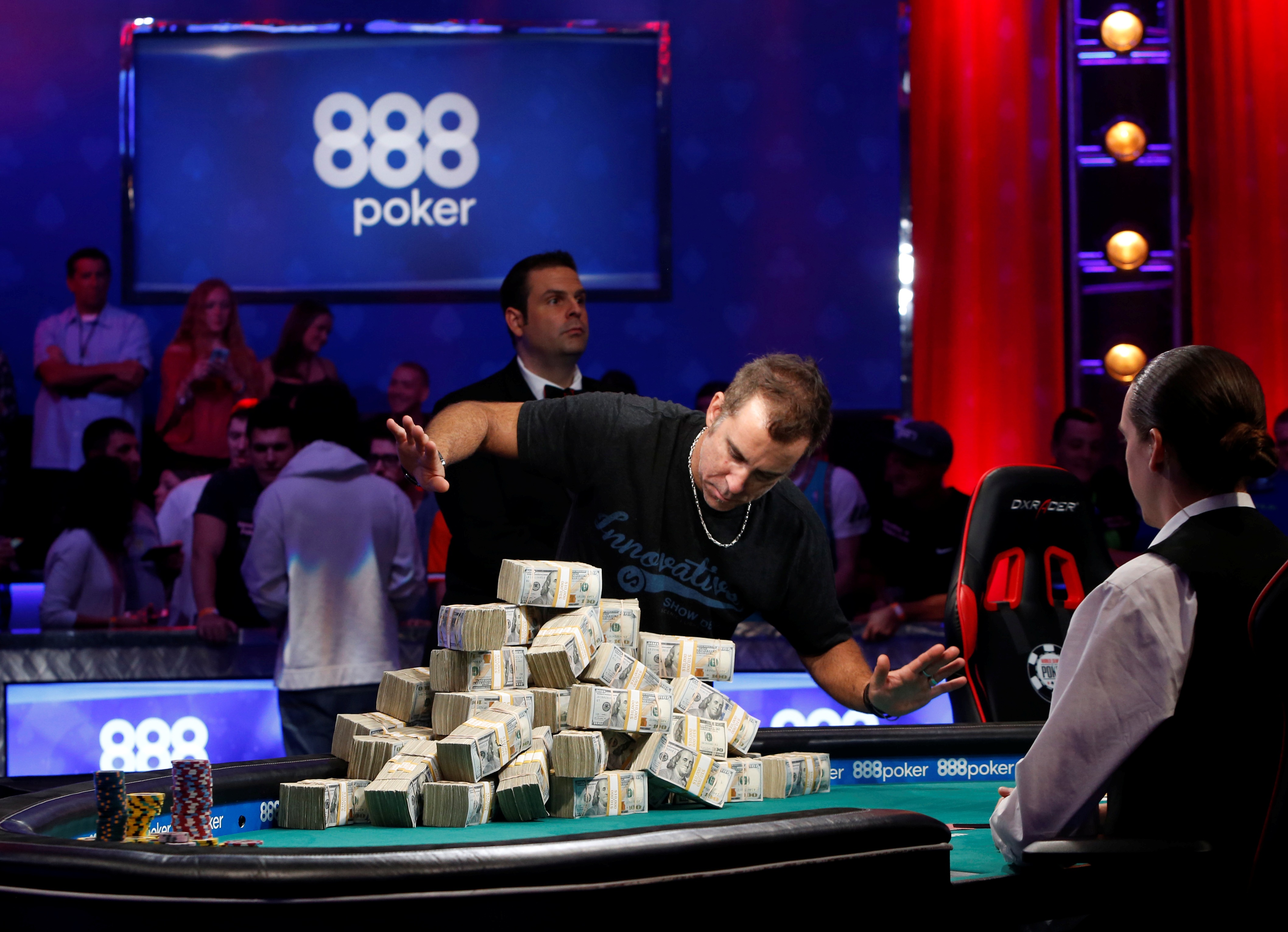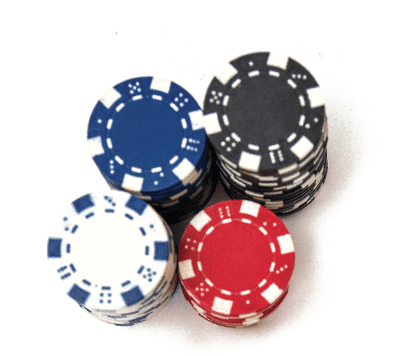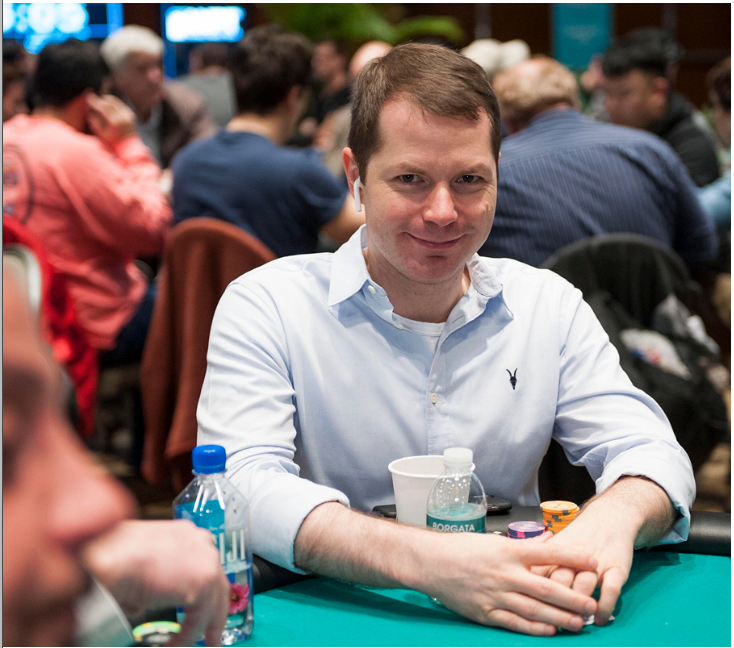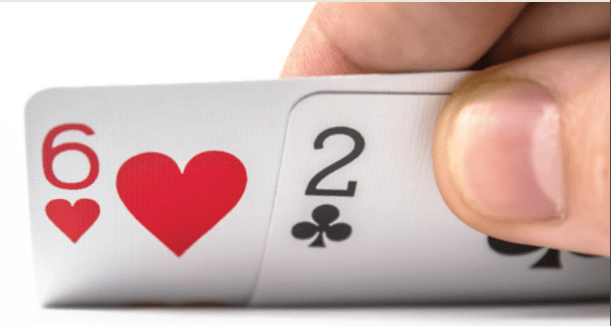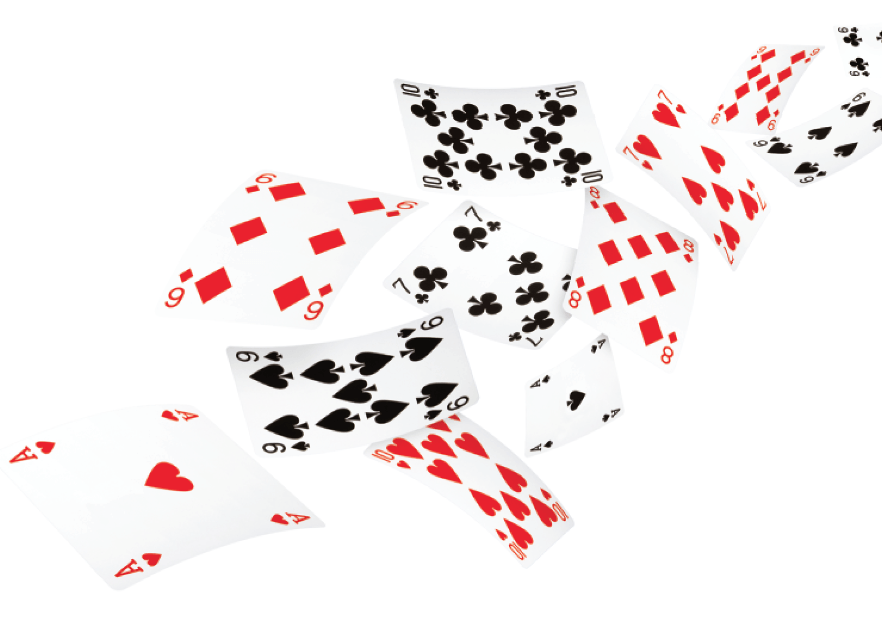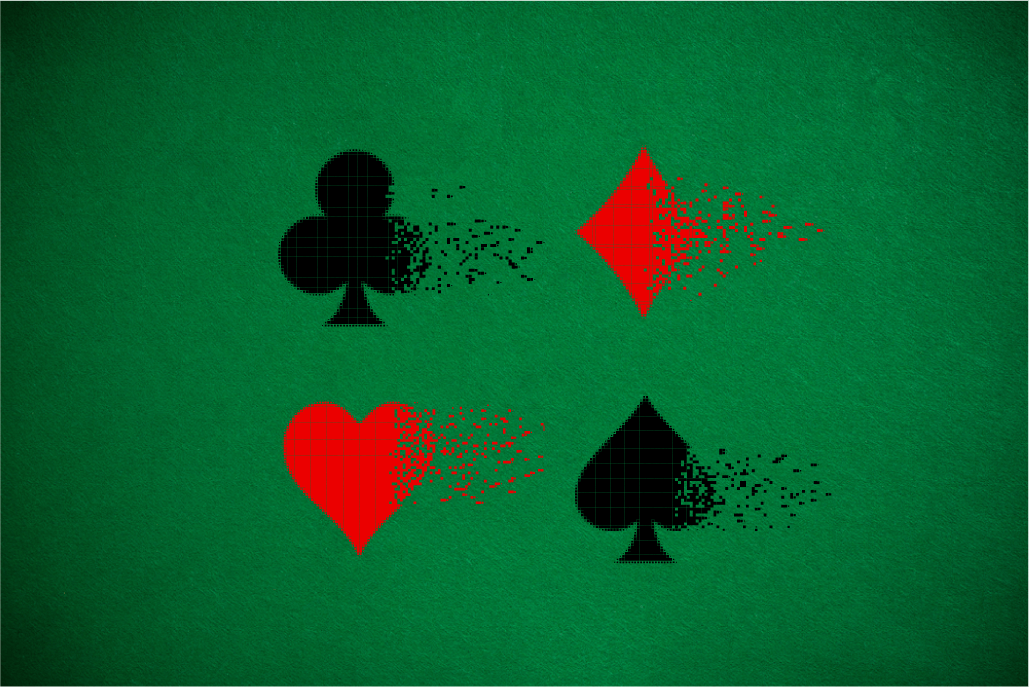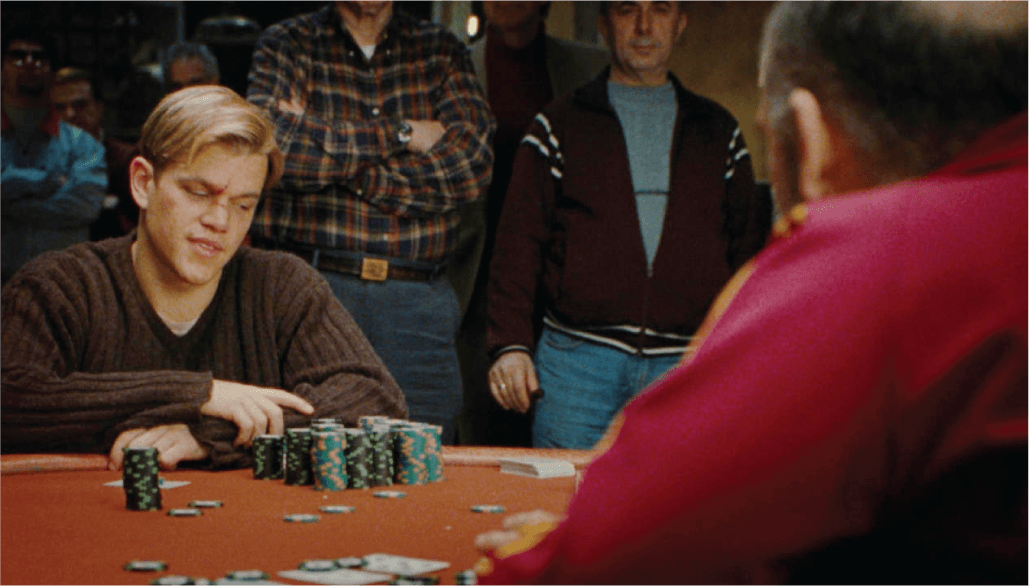Vocation or Avocation?
Poker playing can work as a side hustle, but it can become a grind full-time
The perfect side hustle combines profitability with fun and excitement. For anyone who’s good enough, that could mean poker.
The probability of making money from playing poker part-time is excellent. But players need a willingness to devote significant time to studying the game. They should muster enough discipline to stick to the games they can beat. And no one’s worth taking seriously unless he maintains a proper bankroll.
Attitude counts for a lot, too. Would-be side-hustle poker players soon find out how it feels to play poker nearly every day. Compared with recreational poker, playing semi-professionally requires a drastically different mindset. Think of it as the seat-of-the-pants test.
If all of that works out and poker becomes a successful side hustle, it may become tempting to drop out of the nine-to-five routine and make card playing into a full-time occupation. After all, a lot of side hustles grow into full-time jobs. Could poker mean freedom? It depends.
Assume a part-timer plays $2-$5 no-limit hold’em at a local card room, which is about the stakes most people are playing when they ask that question about turning full-time pro. That’s the largest game that runs on a regular basis in most local card rooms, and most players who can beat that game feel like they’re decent at poker. Suppose a player makes $50 an hour at that game.
By comparison, a certain pro (me) played $5-$10 at Bellagio eight years ago and, over the course of a year playing about 50 hours each week,
I made around $100 per hour. It turns out that 10 big blinds per hour is a solid win rate that most excellent players can achieve, as long as the games are reasonably soft and the rake isn’t egregiously high. So, someone who plays 40 hours per week makes around $8,000 per month, which sounds great.
But a few problems arise with that nice $96,000 a year salary. First, no one actually wants to play 40 hours per week. They want to take days off or cut sessions short because they simply don’t enjoy sitting at the table for that many hours. Also, most players feel a desire to take time off when they’re either winning or losing more often than they expected. Average 30 hours per week, and it’s reasonable to expect a $72,000 salary.
Note that it’s short-sighted to turn professional without setting aside at least a year’s worth of living expenses and a nice bankroll—at least 5,000 big blinds for no-limit hold’em cash games. So for $3,000 monthly for routine expenses, players need at least $61,000 before even considering becoming a $2/$5 pro. (This is for 50, 100 big blind buy-ins, plus 12 months living expenses: $5 x 5000 = $25,000; $3,000 x 12 = $36,000; $25k + 36k = 61k.)
Numerous other factors should influence the decision to become a full-time professional. A player with a family has higher expenses than a single person. It’s also difficult to justify putting in numerous hours at the table while missing the chance to see the kids grow up. That often results in playing during non-peak hours, which will dramatically cut the win rate.
Having a “normal” job that pays well also makes it tough to justify the move to full-time poker. If a player makes $40 per hour at a regular job that provides a nice, secure paycheck, there’s really no reason to rely on poker, even if it pays a slightly higher hourly rate. There’s a lot of value in having no variance in monthly income, even if it is not exciting and requires reporting to a boss.
Something most side-hustle players don’t consider when going full-time pro is that they may not be as good as they think they are. Without a long track record of winning, don’t even consider quitting the day job. It takes at least a 500-hour sample in the game a player plans to play before attempting to go pro. The 500 hours also help grind up an adequate bankroll for the game and establishes a win rate.
Even for a top side-hustle player, going totally pro can prove problematic. Advice: love poker as a hobby, but not as a job.
Jonathan Little, professional poker player and WPT Player of the Year, has amassed more than $7 million in live tournament winnings, written 14 best-selling books and teaches at pokercoaching.com.
@jonathanlittle

